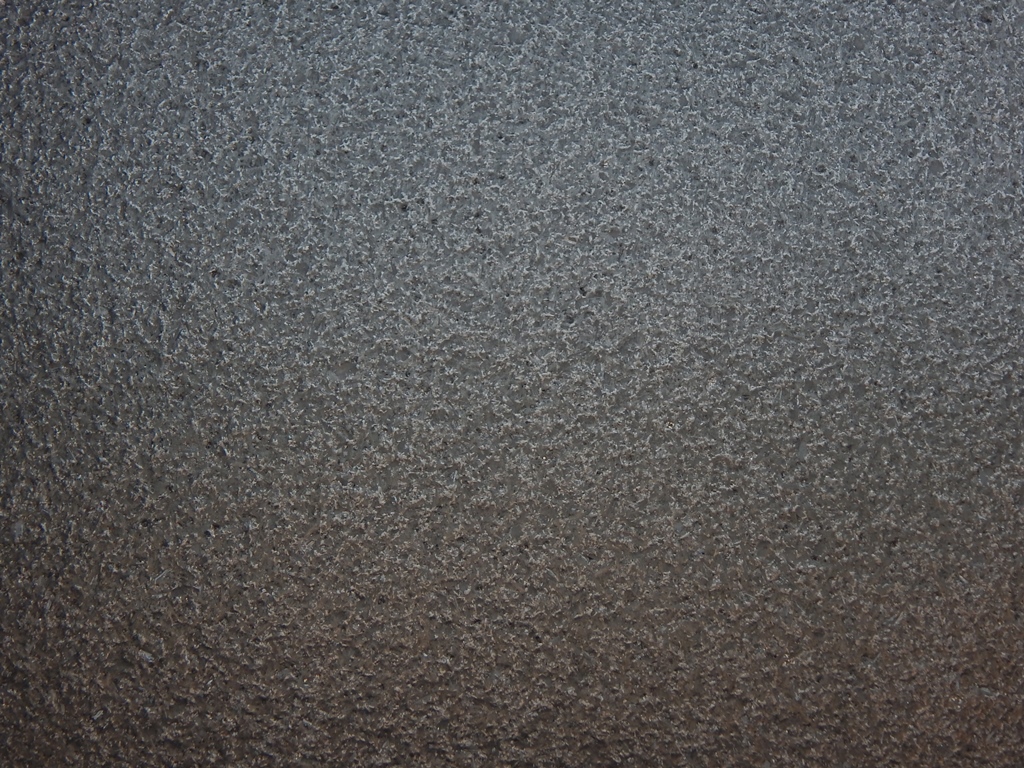Polished vs. Honed Granite: A Comprehensive Comparison
Introduction
Polished Granite and Honed Granite offer unique textures and appearances to enhance your home design. Polished granite boasts a glossy, reflective surface that elevates color vibrancy, while honed granite presents a matte finish for a softer look. Understanding the differences between these finishes is important for making informed design choices that suit your style and practical requirements. In this article, you’ll learn about the details of Polished Granite and Honed Granite and each finish, their effects on durability and maintenance, and advice on choosing the best option for your project.

Difference Between Polished and Honed Granite
Understanding granite finishes is essential when considering how they complement your home’s design. These finishes are the result of various surface treatments that alter the stone’s appearance, texture, and functionality.
Surface Treatment
- Polished Finish: Achieved through a series of mechanical grinding processes using finer abrasives until the surface achieves a high gloss. This treatment enhances the natural colors and patterns of the granite, making it vibrant and reflective.
- Honed Finish: Created by stopping short of the polishing stage, resulting in a matte or satin appearance. This process leaves the stone smooth but less shiny, offering a more understated look.
Aesthetic Appeal and Functionality
The finish plays a crucial role in determining the aesthetic appeal of granite surfaces:
- A polished finish highlights the stone’s colors and patterns, making it ideal for areas where visual impact is desired.
- A honed finish provides a softer, more natural look that fits well in minimalist or rustic settings.
Durability and Maintenance
Different finishes also affect durability and maintenance requirements:
- Polished granite is less porous, thus more resistant to stains but may show scratches more easily.
- Honed granite, being more porous, might require frequent sealing to prevent staining but can better hide imperfections.
Choosing between these finishes often depends on balancing aesthetic preferences with practical considerations like maintenance needs.
Exploring Polished Granite
Polished granite is widely recognized for its high gloss level and reflective properties, making it a standout choice among stone finishes. This glossy finish not only enhances the beauty of granite but also brings out the vibrancy and depth of its natural colors. The mirror-like surface created through polishing gives it an elegant, luxurious look that can transform any space.

Key Characteristics
- Reflective Surface
Polished granite surfaces have a shiny, reflective quality that adds an elegant touch to both traditional and modern interiors.
- Color Enhancement
The polishing process brings out the stone’s natural hues, making the colors more vivid and striking.
- Smooth Texture
Polished finishes provide a sleek, smooth feel, adding to their visual and tactile appeal.
Benefits of Choosing Polished Granite
Polished granite’s high-gloss finish enhances beauty and offers practical stain resistance.
- Stain Resistance:Polished granite is less porous and more stain-resistant, making it ideal for kitchen countertops.
- Light Reflection: Polished granite reflects light, brightening dimly lit spaces and enhancing natural light flow.
Common Applications
Polished granite finds frequent use in areas where elegance and durability are essential:
- Kitchen Countertops: Offers both functionality and a touch of luxury.
- Feature Walls: Adds an element of sophistication and visual interest.
- Bathroom Vanities: Provides a moisture-resistant surface while maintaining aesthetic appeal.
Advantages and Disadvantages of Polished Granite
Advantages:
- Enhanced Aesthetic Appeal: Its glossy finish accentuates the stone’s natural beauty.
- Ease of Maintenance: Requires less frequent sealing due to reduced porosity.
Disadvantages:
- Visible Scratches and Blemishes: The shiny surface can make scratches more apparent, requiring careful handling.
- Slickness When Wet: Increases slipperiness, potentially posing a safety concern in certain conditions.
Balancing these pros and cons helps you determine whether polished granite aligns with your design goals and practical requirements. Its ability to resist stains offers peace of mind in busy environments, yet its susceptibility to visible imperfections necessitates mindful placement and maintenance practices.
Unveiling Honed Granite
Honed granite is distinguished by its soft matte appearance and tactile feel, offering a natural look that perfectly aligns with contemporary design trends. Unlike its polished counterpart, honed granite lacks the glossy sheen, providing a more subdued aesthetic. This finish is achieved by stopping the polishing process before a reflective surface appears, resulting in a satin-like texture that many find appealing for its understated elegance.

Characteristics of Honed Granite
- Matte Finish: The lack of gloss gives honed granite a subtle, natural look.
- Tactile Feel: Offers a soft touch compared to the slickness of polished surfaces.
Advantages & Disadvantages
Advantages of Honed Granite
- Improved Slip Resistance: The matte finish provides better grip, making it ideal for high-traffic areas like bathrooms and kitchens.
- Concealing Flaws: Its non-reflective surface helps hide scratches and etches more effectively than polished granite.
- Natural Aesthetic:Honed granite fits rustic and minimalist designs.
Disadvantages of Honed Granite
- Porosity and Staining Susceptibility: More porous than polished finishes, which can lead to higher chances of staining if not properly sealed.
- Frequent Maintenance Required: Requires regular sealing to protect against stains and maintain its appearance.
Choosing honed granite can be advantageous in spaces where safety is paramount due to its slip-resistant properties. For instance, using honed granite in bathroom flooring reduces the risk of slips and falls. However, this benefit comes with the need for frequent sealing to counteract its porosity and susceptibility to stains.
In essence, honed granite offers an attractive blend of functionality and aesthetics, fitting seamlessly into various design schemes while providing practical benefits in safety-critical areas. Its ability to conceal imperfections along with enhanced slip resistance makes it a preferred choice for those seeking both beauty and utility in their home design projects. Honed granite offers both beauty and practicality, making it a versatile choice for kitchens, bathrooms, and entryways.
Conclusion
At Fortuna Marmo Granite, we understand that choosing between polished and honed granite is a significant decision, influenced by both aesthetic preferences and functional requirements. Polished granite offers a high-gloss, reflective finish that enhances color vibrancy and is perfect for areas like countertops and fireplace surrounds, providing elegance and stain resistance, though it may require careful maintenance. Honed granite, with its matte, natural look, is ideal for high-traffic areas due to its improved slip resistance, though it may require regular sealing to prevent staining. Understanding these differences allows you to make an informed choice that aligns with your design vision and lifestyle.
Contact Us to explore our wide selection of polished and honed granite options and discover the perfect fit for your home! Your trusted Indian granite supplier, offering a wide range of high-quality, exotic granite options for every design need.
